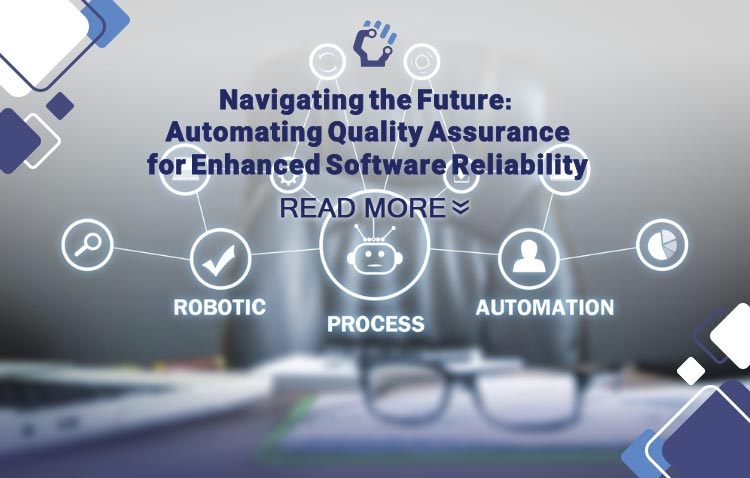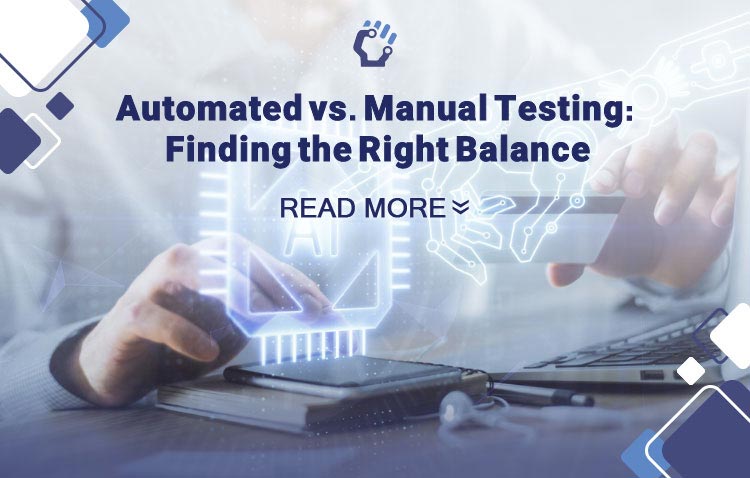Navigating the Future: Automating Quality Assurance for Enhanced Software Reliability
Explore the cutting-edge realm of Automated Quality Assurance, ensuring heightened software reliability for a future of innovation and excellence.
AI and Machine Learning in Software Testing and QA
Discover the transformative impact of Artificial Intelligence in software testing. This overview explores how AI is automating test processes, enhancing accuracy, and revolutionizing quality assurance, ushering in a new era of efficient and reliable software development.
QA Challenges Across Companies and Roles
QA Challenges, a pervasive issue in diverse industry sectors, manifest uniquely across various organizations and job positions. This exploration delves into the multifaceted world of Quality Assurance, shedding light on the common hurdles faced by QA professionals in different roles and companies. Discover insights and strategies to triumph over these challenges in today's ever-evolving landscape.
Exploratory Testing: Unleashing Creativity in Software Quality Assurance
Explore the dynamic world of Exploratory Testing and unlock its potential to enhance software quality assurance. Dive into creative testing methods and strategies for robust software testing
The Role of Software QA in Agile Development Methodologies
Dive into the essential role of Software Quality Assurance (QA) in Agile development methodologies. Uncover how QA teams play a vital part in ensuring efficiency, quality, and success in Agile projects, contributing to faster, more reliable software delivery.
Automated vs. Manual Testing: Finding the Right Balance
Automated testing is more reliable and quicker than manual testing. It increases the development team’s productivity (quicker feedback); however, the team can spend a lot of time debugging tests. Automated testing allows for different, complex types of testing. It improves project quality. You can find more information about it in this article.
Best Practices for Defect Tracking and Management in Software QA
Defect management is the process of identifying, documenting, and tracking defects (bugs or issues) in a software product. It is an important part of the software development process that ensures defects are identified and addressed in a timely manner. You can find more information about it in this article.
Key Principles of Effective Software Quality Assurance
Quality assurance (QA) is a discipline that aims to ensure high product quality in software development. It involves proactive and reactive activities that span across the entire software development lifecycle. QA is not the same as testing, which is only a part of quality control (QC), which is a part of QA. A QA specialist is more than just a tester; they are responsible for establishing proper processes, performing root cause analysis, ensuring documentation quality, performing audits, training, monitoring non-functional requirements, automation, maintaining test plans, and testing. This guide provides an overview of the role of QA in software development and the common activities done by a QA specialist.














